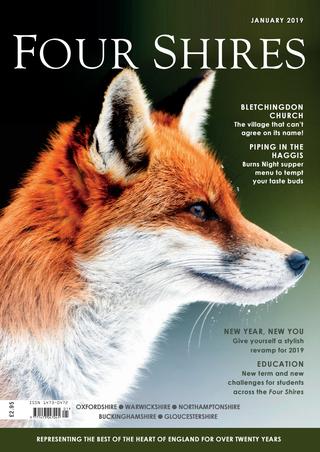Extinct species of chook arrived again from the useless, experts come across – Tek Portal

The white-throated rail colonized the Aldabra Atoll in the Indian Ocean and progressed to come to be flightless, in advance of currently being fully wiped out when the island disappeared down below the sea about 136,000 decades back.
But scientists identified very similar fossils from right before and immediately after that event, demonstrating that the chicken-sized fowl re-appeared when sea degrees fell once more a several thousand a long time later on, re-colonized the island and once more misplaced the capacity to fly.
The flightless rail can be discovered on Aldabra to this day.
The really scarce process is recognised as iterative evolution — the recurring evolution of a species from the similar ancestor at distinctive occasions in heritage.
The team’s study, released in the Zoological Journal of the Linnean Culture, marks the to start with time the approach has been noticed in rails, and is 1 of the “most considerable” scenarios ever identified in birds, in accordance to the authors.
“We know of no other illustration in rails, or of birds in typical, that demonstrates this phenomenon so evidently,” co-author David Martill, of the College of Portsmouth, said in a assertion.
The rail’s return to Aldabra is not the only time in its lineage that it has escaped extinction.
The mother or father species of the rail, indigenous to Madagascar, would frequently see its inhabitants explode, forcing the birds to migrate in great quantities from the island off the coastline of East Africa.
Lots of of these that flew north or south drowned in the Indian Ocean, and all those that went west landed in Africa, where they were eaten by predators.
But the fortunate handful of who went east finished up on islands together with Mauritius, Réunion and Aldabra, the latter of which was researched by the scientists.
The rails on Aldabra lost the means to fly around time, since the absence of predators produced it unnecessary — just as the dodo of Mauritius did.
Regretably, that gave them no means of escape when the island was submerged and all its flora and fauna have been wiped out.
But not like the dodo, which became extinct in the 17th century, the white-throated rail was resurrected to inform the tale when the island re-emerged and birds began migrating to the spot again.
That implies a single species of chook from Madagascar gave increase to two separate species of flightless rail on Aldabra in the room of just a several thousand several years.
“Only on Aldabra, which has the oldest palaeontological document of any oceanic island inside of the Indian Ocean region, is fossil proof obtainable that demonstrates the effects of shifting sea levels on extinction and recolonization events,” Martill explained.
“Circumstances have been these kinds of on Aldabra, the most crucial getting the absence of terrestrial predators and competing mammals, that a rail was able to evolve flightlessness independently on each individual event,” he stated.
“These one of a kind fossils supply irrefutable evidence that a member of the rail spouse and children colonized the atoll, most probable from Madagascar, and grew to become flightless independently on every single celebration,” the study’s guide author, Julian Hume of London’s All-natural Heritage Museum, additional in a statement.
“Fossil evidence introduced in this article is exclusive for rails, and epitomizes the means of these birds to correctly colonize isolated islands and evolve flightlessness on several occasions,” he stated.
http://rss.cnn.com/~r/rss/version_africa/~3/uSalc5mtqvA/index.html





